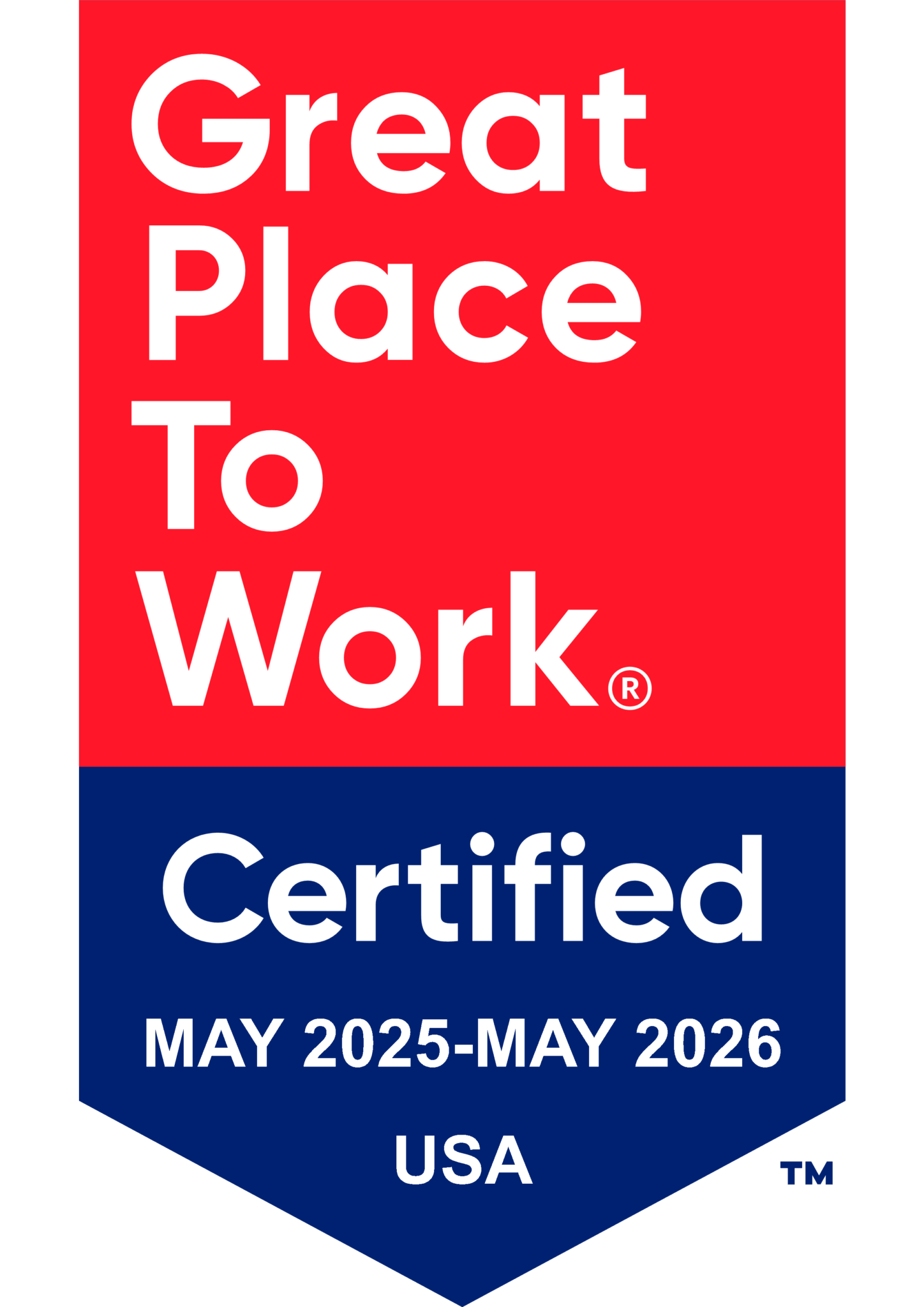While not a requirement, having medical research experience on an applicant's CV certainly provides them with a much-needed competitive edge to obtain their Dream Residency™. At times when residency programs are facing a challenge in choosing between two otherwise equally competitive applicants, research experience can be a deciding factor.
Part of completing a residency program involves conducting research while at the program. Obtaining research experience before entering residency will thus give a candidate a preview of what to expect, and more experience in that field. Additionally, benefits such as developing close professional connections, meeting potential people to write letters of recommendation, and finding new talking points for future interviews are reasons to look into conducting or assisting with medical research before applying to residency.
What kind of research should I conduct?
Although any type of research demonstrates strong initiative and time management skills to recruiters, generally it’s a good idea to find a lab that is geared toward your specialty. Clinical and quality improvement research are both more directly related to patient care, and are regarded with more esteem than general science research. The quality of your research experience and institution where you conduct your study matters, too. Hands-on work with a reputable, large organization or university is deemed reputable and valuable to Program Directors as they review applications. Finally, research is more valuable the longer you stick with it, so if all other aspects of your application are on track, sticking with a research project for 6 months or longer gives you a higher chance of being able to list a publication in your CV.
How can I get started?
Seeking out research opportunities can seem daunting, but beginning your research experience can be as simple as asking a professor at your medical school whose research interests you, exploring open positions through the internet, or joining medical clubs or organizations who already have established networks in the field. Simply determine what topics you want to explore, what questions intrigue you, and begin searching for research that encapsulates these values. If there are no current projects that interest you, but experience is something you'd like to add to your CV, analyzing data, assisting current researchers, doing case reports, and completing poster presentations are all relatively quick and low-effort ways to get involved.
Are You Next?™
Sources
https://thedo.osteopathic.org/2017/09/getting-residency-research-experience-can-give-edge/
http://www.sciencemag.org/careers/2010/11/perspective-residency-101-physician-scientists
https://www.medschooltutors.com/blog/six-last-minute-ways-imgs-can-improve-their-eras-before-september
https://medclerkships.com/role-of-research-in-a-residency-application/



